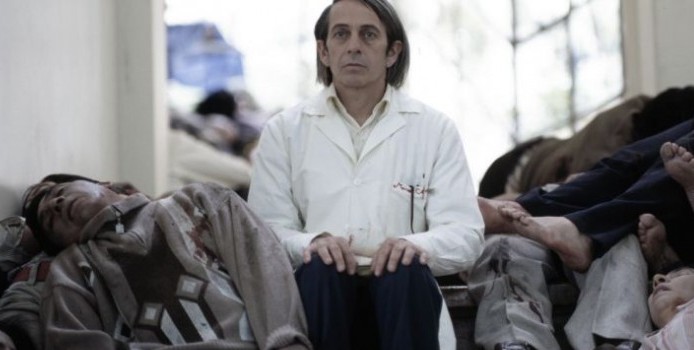Pablo Larraín

The first televised presidential debate in America took place in 1960, pitting the tanned and dapper John F. Kennedy against the sallow and literally sick Richard Nixon. It was a tumultuous time for the country, with each candidate taking tough questions ranging from the cold war to civil rights issues.

Chilean Filmmaker Pablo Larraín never mentioned the word Trilogy when he embarked on creating Tony Manero (2008), Post Mortem (2010) and No (2012), however, these three films do act as part of a whole: Larraín’s vision regarding Pinochet’s military coup of 1973 and the ensuing dictatorship. Tony Manero and Post Mortem are both grim parables of folks stuck in a moral stupor, wandering the streets of a Chile that no longer knows itself, that silently witnesses the arrest and disappearance of hundreds of people every day, violence and torture a common thing and a convenient shroud for the crimes of civilians.










